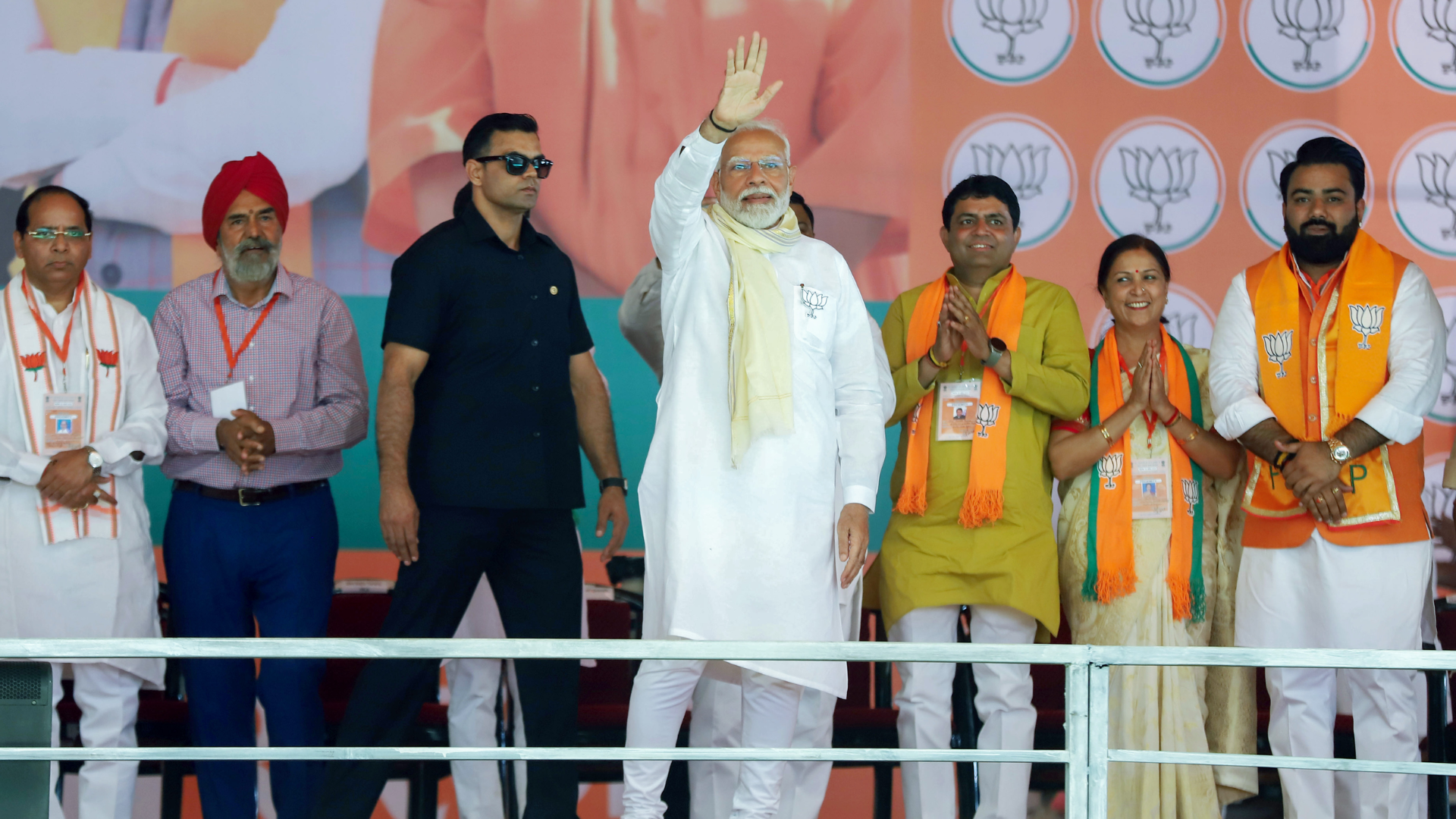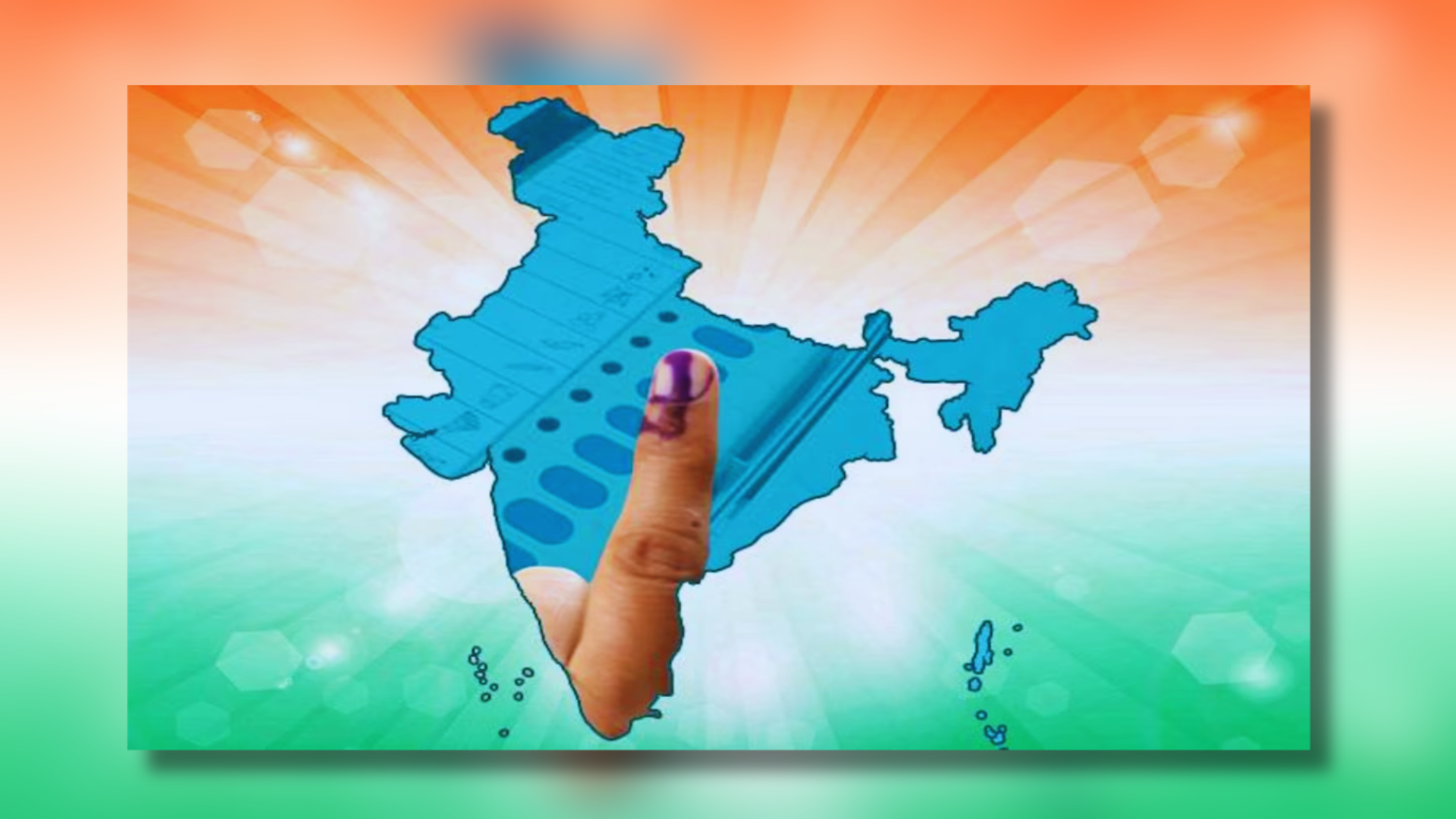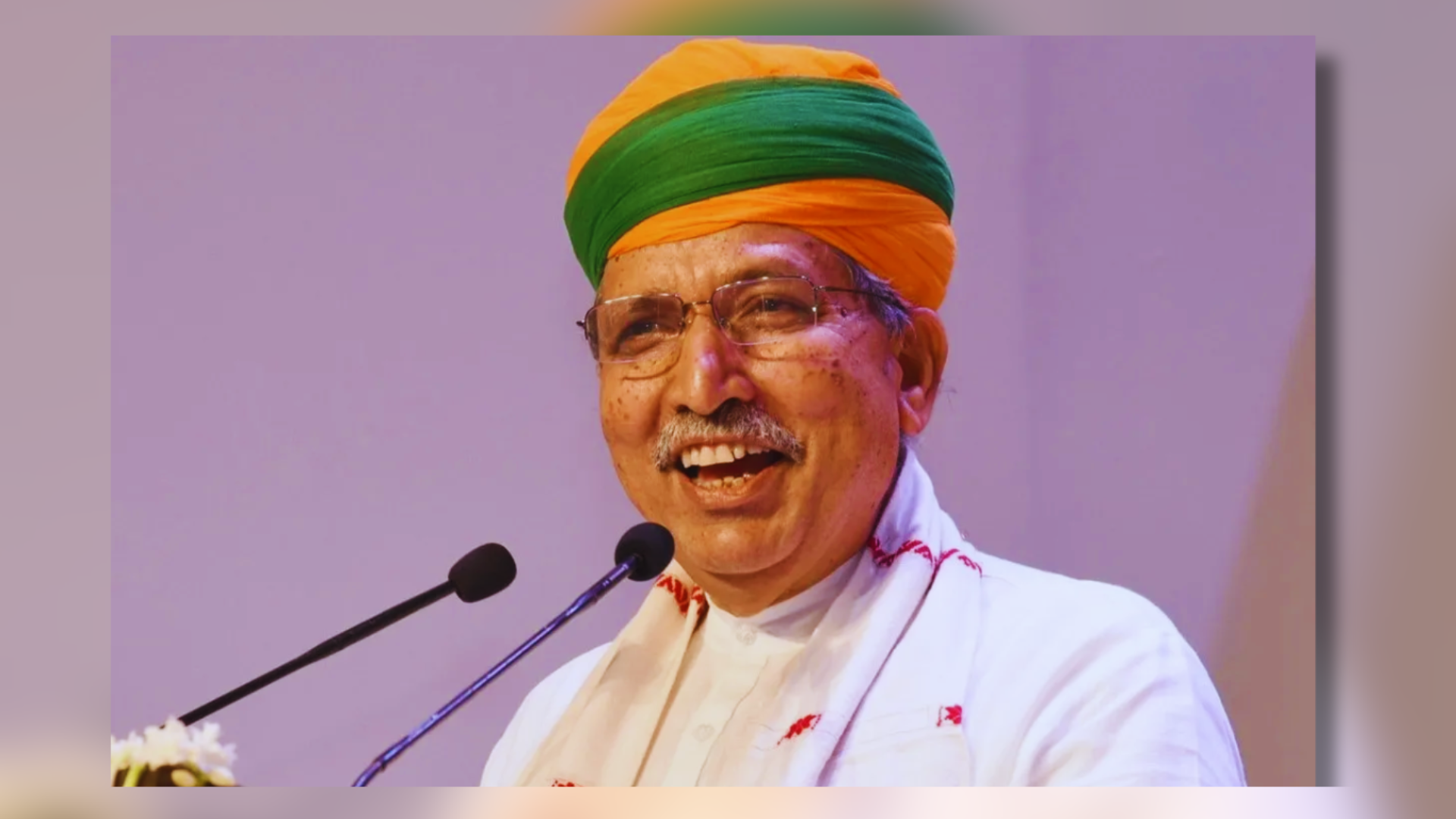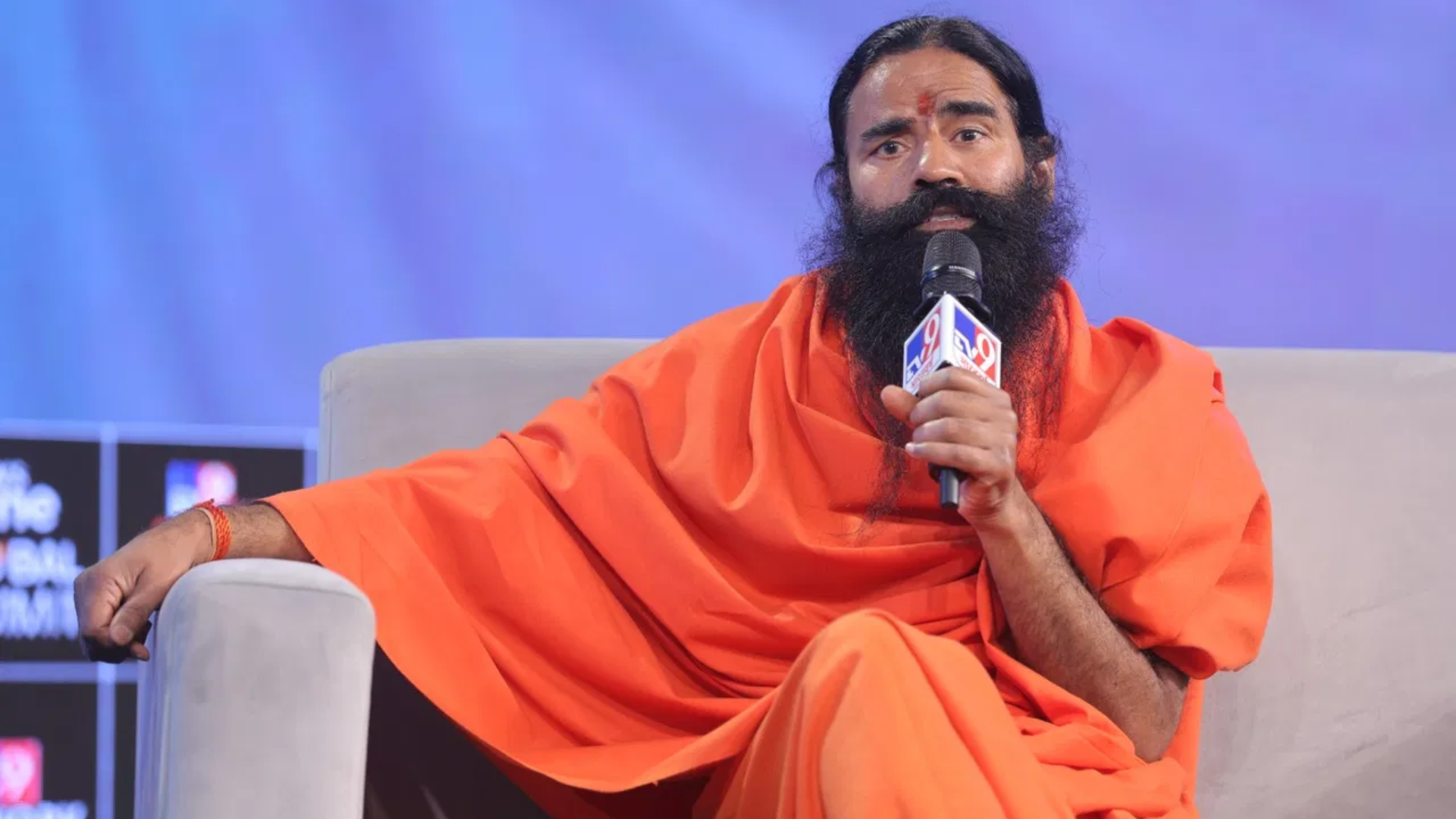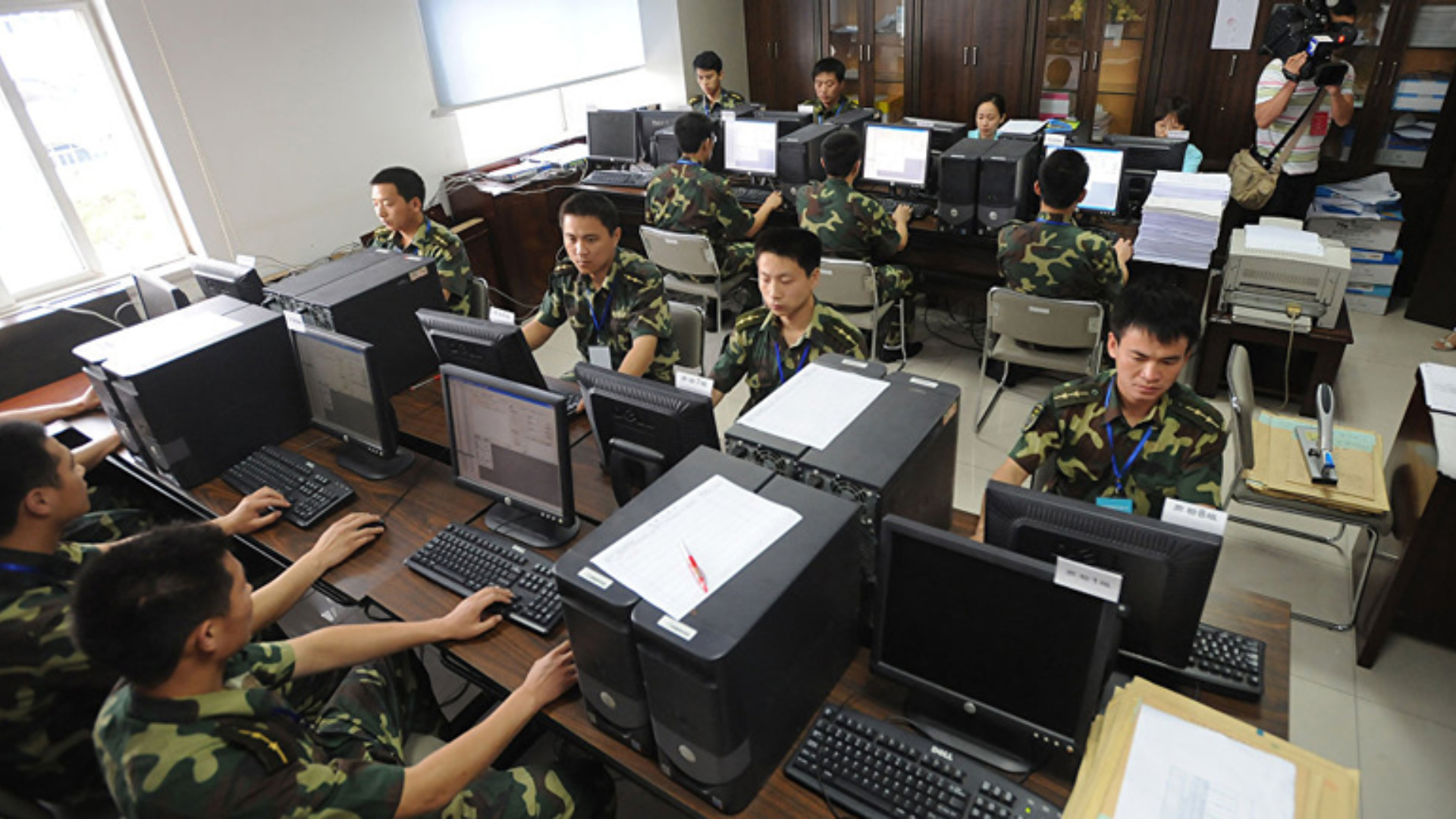


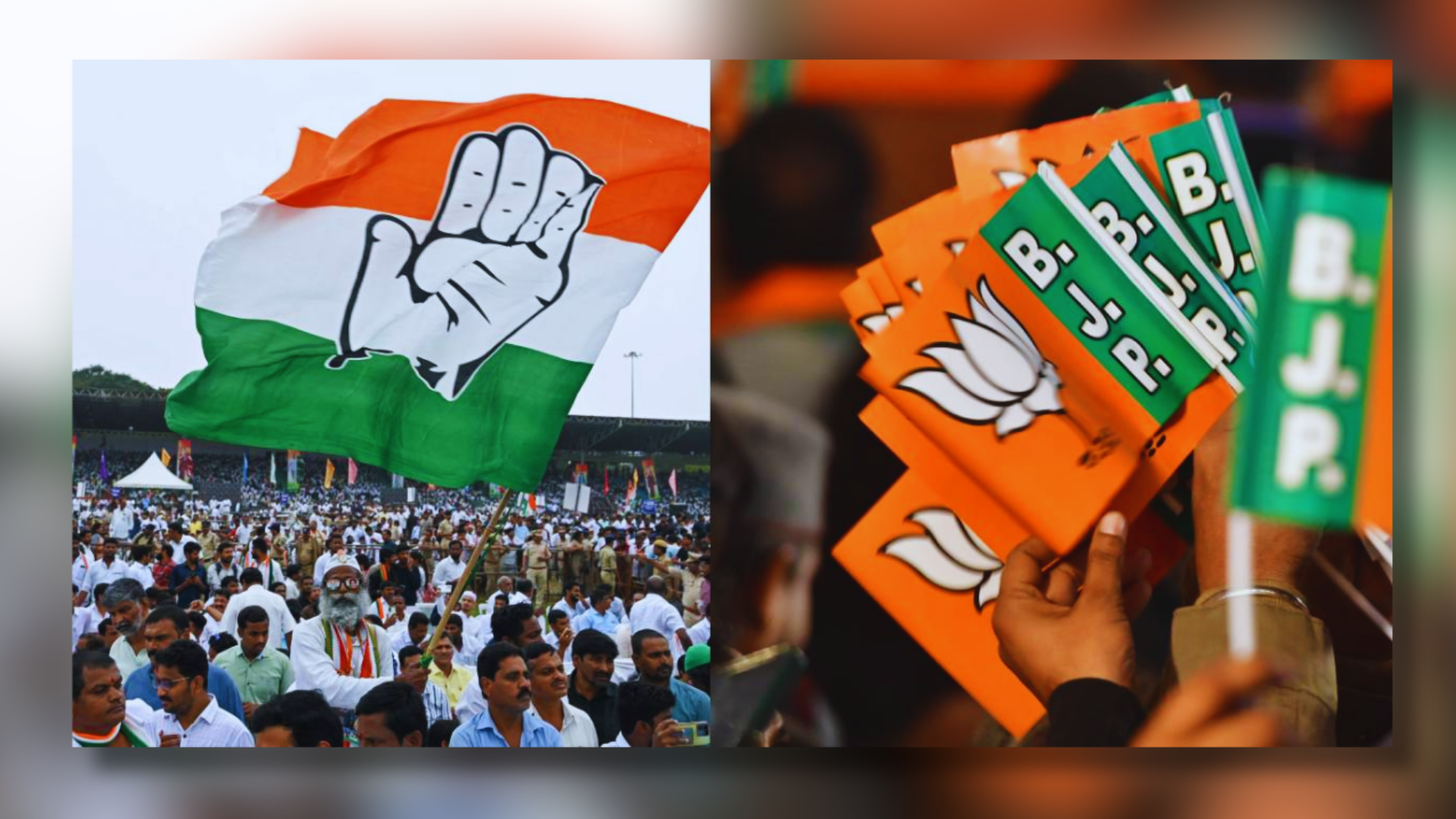
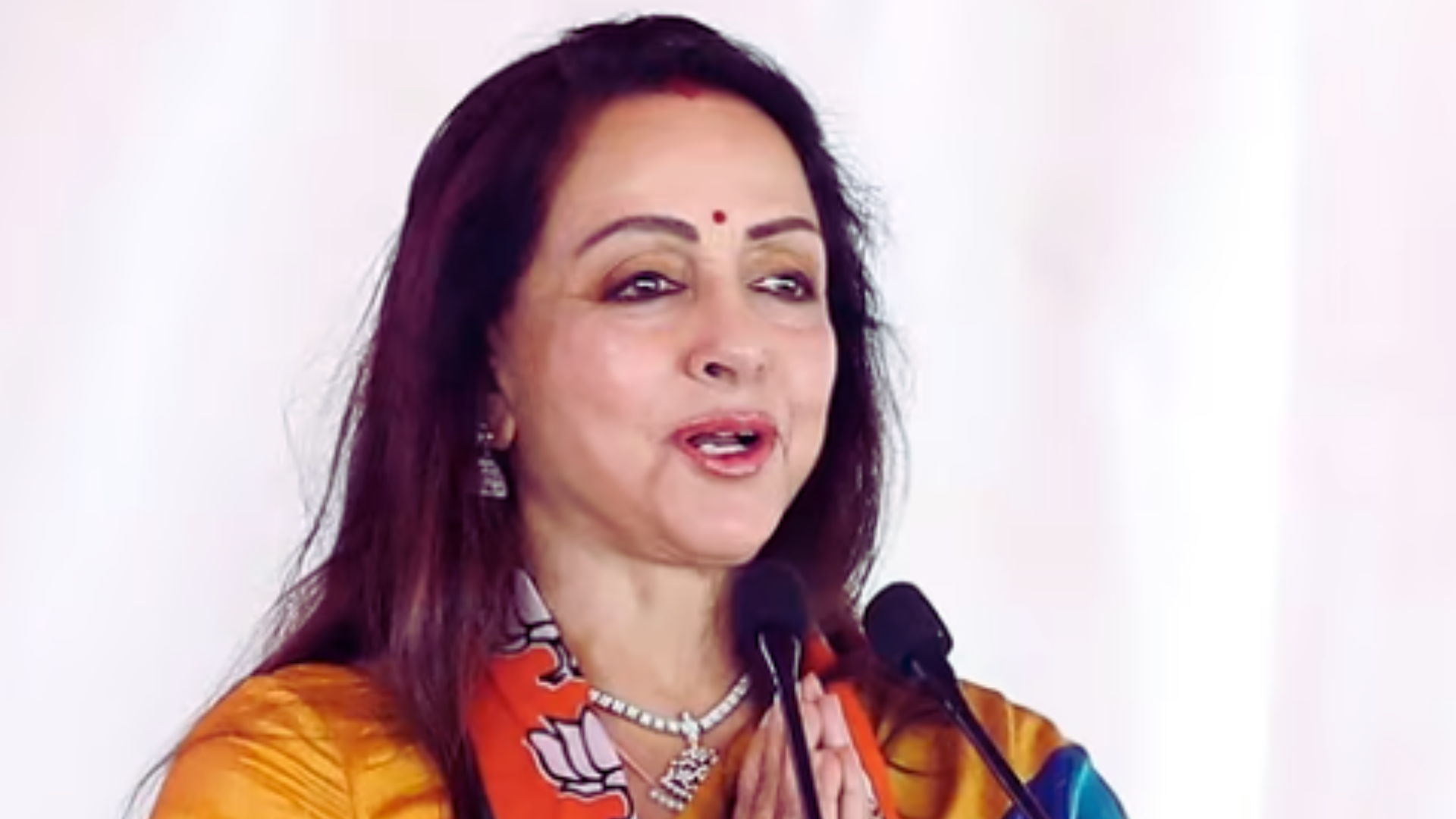
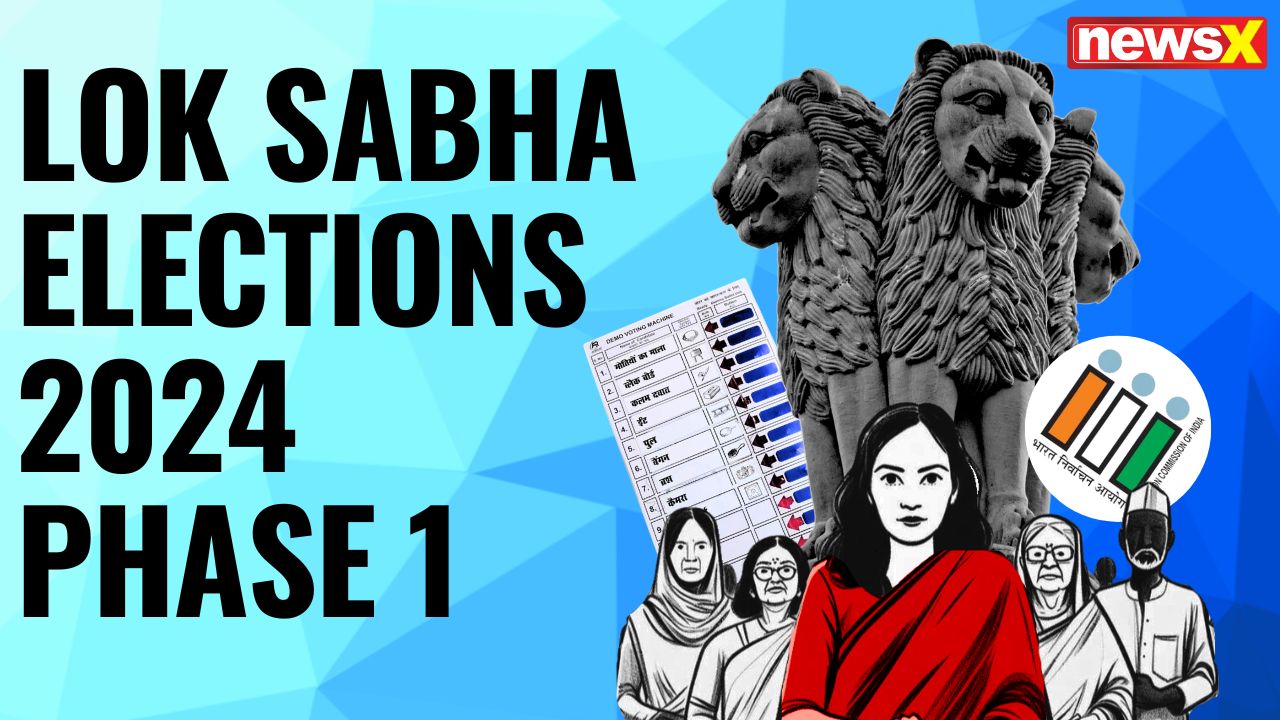
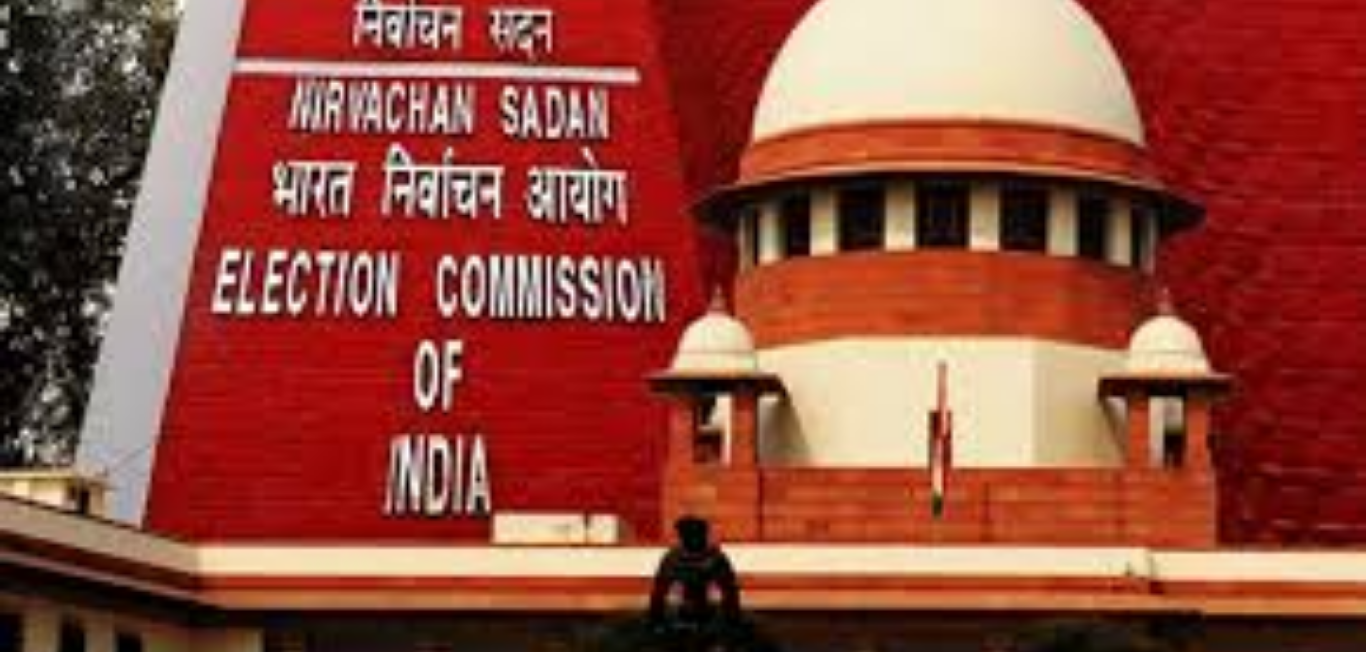
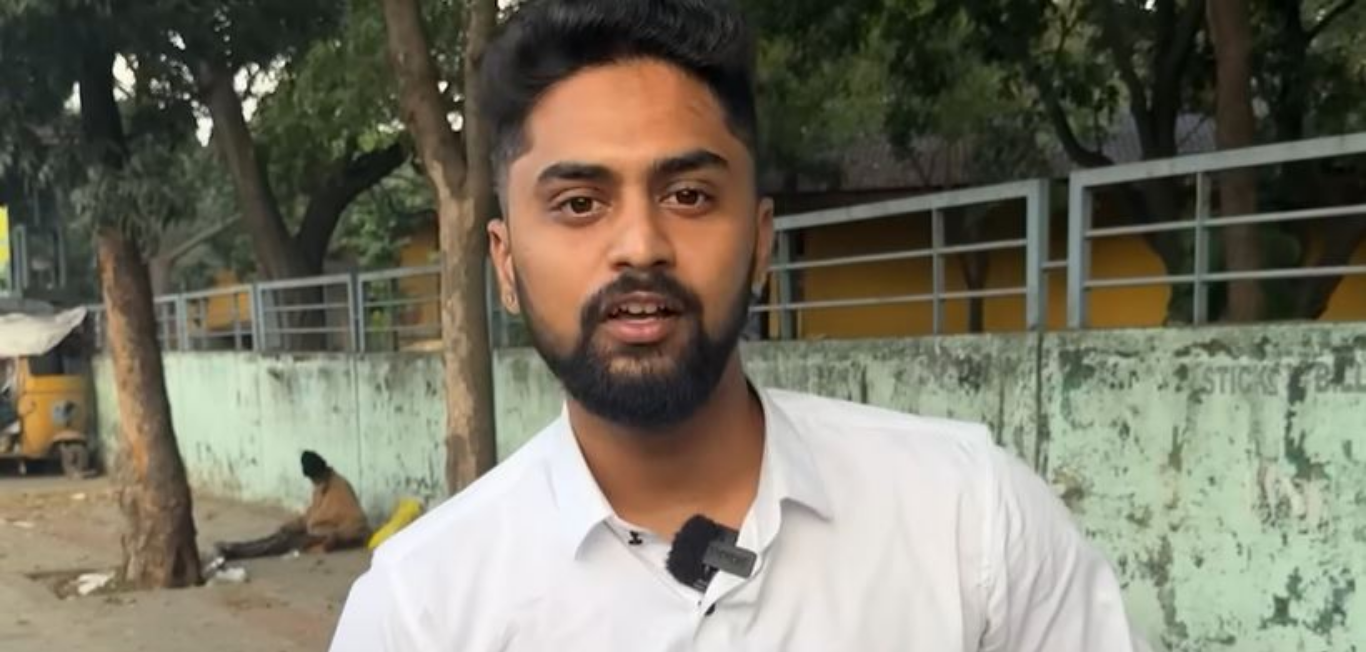


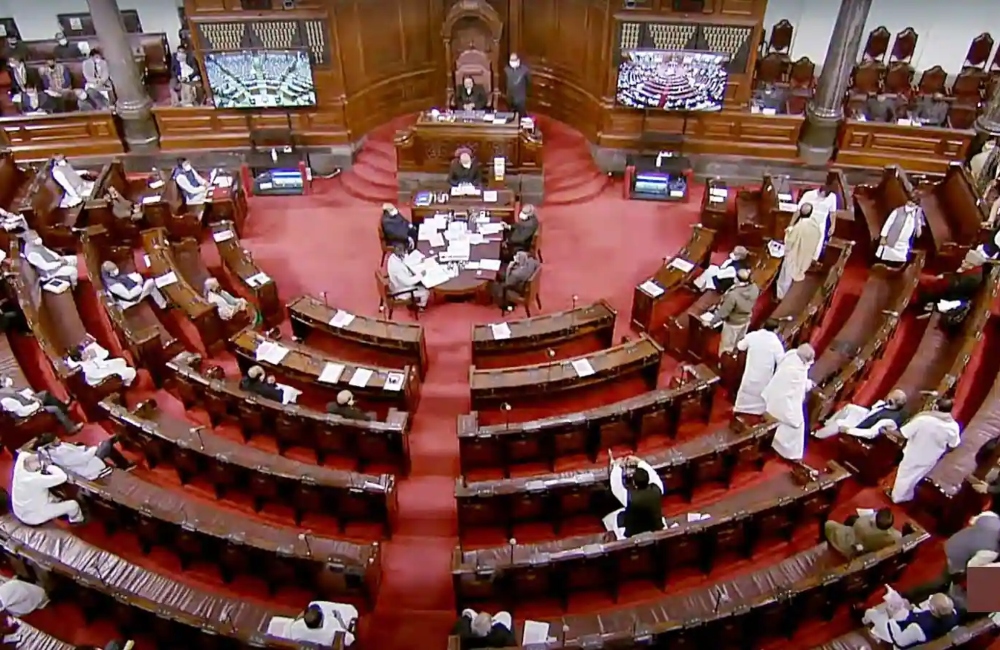
Observers of India’s parliamentary politics often have little reason to care about the Rulebook. However, Rule 267 of the Upper House has acquired popularity among MPs and onlookers during this Parliament’s winter session.
Rule 267:
The Rule grants a Rajya Sabha member exceptional authority to suspend the House’s predetermined agenda with the Chairman’s consent. According to the Rajya Sabha Rule Book, “Any Member may move that any Rule may be suspended in its application to a motion related to the business listed before the Council of that day and if the motion is carried, the Rule in question shall be suspended for the time being: Provided further that this Rule shall not apply where specific provision already exists for suspension of a Rule under a particular chapter of the Rules.”
Why the rule is pertinent?
The opposition members in the upper house have consistently called for a discussion of the border issue between China and India. In the last eight years, Members have sent hundreds of letters to trigger Rule 267. The opposition members have been louder with their demands since the most recent altercation in Tawang, Arunachal Pradesh.
Every day, opposition leaders urge that the Chair invoke Rule 267 to halt all other activity and for a debate on the most recent developments on the India-China border.
Rule 267 the only way to raise issues?
A member of parliament has a variety of options for raising concerns and getting the government’s response. During the Question Hour, an MP may raise any topic, and the relevant minister must respond either orally or in writing. During Zero Hour, an MP may bring up the subject. 15 MPs are permitted to bring up topics at Zero Hour each day. It can also be brought up during Special Mention by an MP. Every day, a Chairman may permit up to seven Special Mentions. In the absence of that, the MP might attempt to bring the matter up during other conversations, such as the debate over the President’s address. Political criticism of the administration has also been launched by opposition leaders using the Budget discussion.
Why the Opposition hell-bent on insisting on Rule 267?
Due to the fact that Rule 267 requires that all other businesses be placed on hold in order to consider a matter of national importance, any discussion under this rule takes tremendous significance in Parliament. No other type of conversation necessitates the interruption of other business. When a matter is allowed under Rule 267, it denotes that it is the most essential national matter at hand. Additionally, the government must address the issue by responding during the conversations required by Rule 267.
Current Controversy over Rule 267
According to claims made by members of the opposition, the Rajya Sabha chairman has long-standing disallowed any discussion covered by Rule 267. Jagdeep Dhankhar, the chairman of the Rajya Sabha, said on Monday, “It is a difficult responsibility for me that not only is the rule offended, but no attention at all has been paid to the rule. The notices are constructed in a way that makes the regulation appear to not exist. While Dhankhar hasn’t accepted any cases under Rule 267, M Venkaiah Naidu, his predecessor, also didn’t allow any cases under Rule 267 during his five years in office.
Has the Rule been exercised even once?
The Chair has already consented to suspend the business so that pressing concerns at home can be discussed. In November 2016, the Upper House utilised Rule 267 to consider demonetisation, which was the last time it was used.

